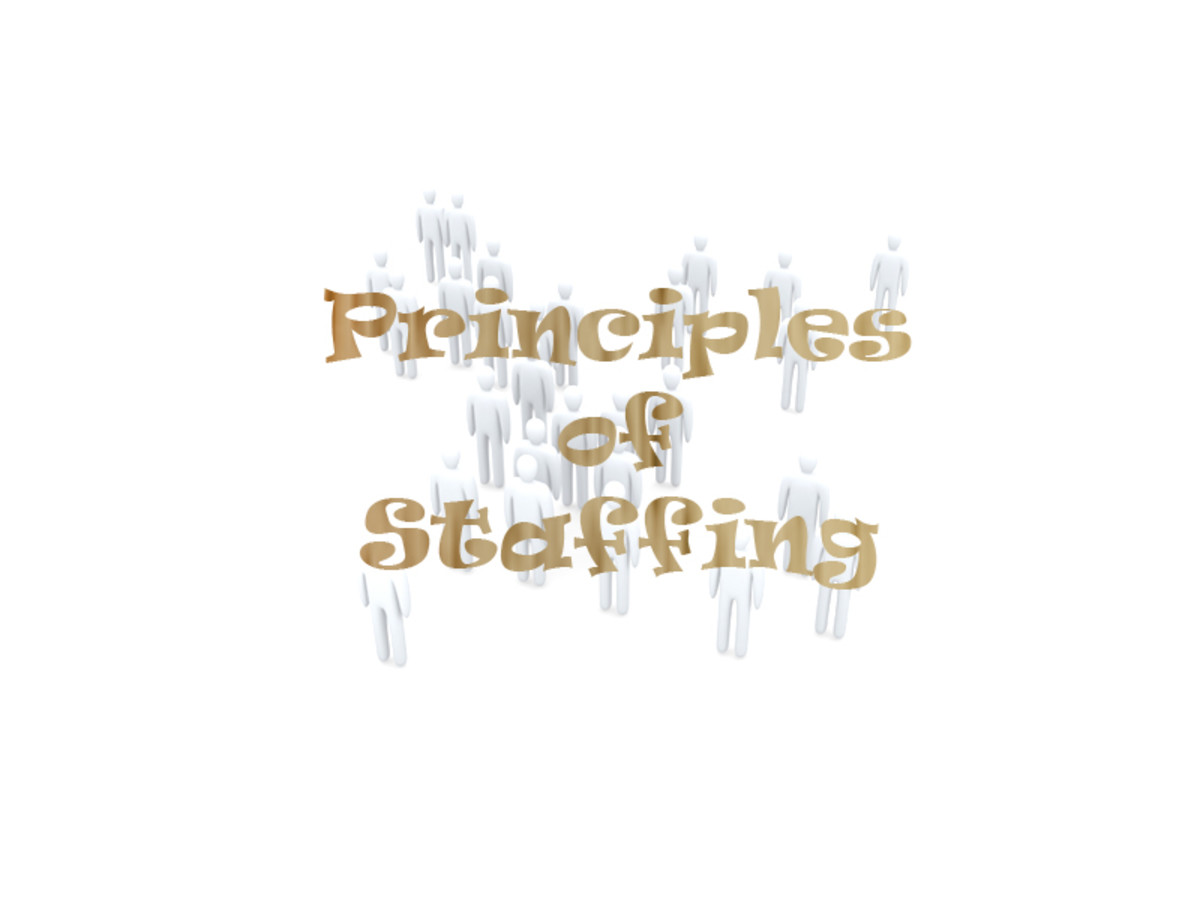The Importance of Employee Compensation and Benefits In A Bad Economy

Fair pay and benefits packages are the cornerstones of successful companies
The reasons people work are as varied as the individual. There are many motivations that drive people to seek out employment, to change from one position to another, or to change employers. But no one can dispute the number one reason for working is for monetary compensation. We've all heard the saying that money makes the world go round. Never has it been more true than in the present economy.
Money pays the bills. It provides housing, clothing, food, and the essentials necessary for living. And while people will “make do” with only earning enough for the basics, they will not be happy working a job that doesn't allow for saving toward a brighter future, or the promise of a luxury item now and then. Unhappy employees are a serious liability weighing against the success of a business. When employees are unhappy and dissatisfied with their jobs, productivity drops, teamwork becomes nonexistent, and quality becomes a thing of the past. No matter how many unhappy employees you let go, if you replace them with people earning the same paltry wage, you will simply be causing yourself additional costs related to high turnover.
The cornerstones of successful companies are the provisions of fair pay and benefits packages for the employees who make it possible for them to provide their products and/or services to the buying public. Though fair pay and benefits will net you fair employees who give an honest day's work, excellent pay and benefits will bring in top performers from which to choose. Money provides the most basic of motivations for employees to perform. Once you've provided a decent living wage for your employees, you can begin to work on other motivational factors.
Unfortunately, the monetary rewards approach to hiring the best employees has begun to fall by the wayside with each dip in the economy. Too many employers are using the poor economy as an excuse to exploit potential employees. Since jobs are scarce, you may hold the mistaken belief that potential candidates will accept any payment package offered so long as they get the job. It's true that people out of work are taking less pay than they would have expected a year ago for the same job. However, they are not doing so happily, nor are they feeling obliged to provide top productivity for the lesser wage. When the economy recovers, those employers guilty of wage cutting may find themselves scrambling to keep qualified employees from leaving for higher paying positions with the competition.
Poor economy is no excuse to exploit employees
Michele Downing is a medical assistant who graduated second in her class two years ago. At the time of her graduation, positions in her profession were paying an hourly wage of $16 to $20 per hour, and up to $25 per hour in a private setting. Just two years later, those same types of positions are only offering $12 to $15 per hour. Private practices aren't doing much better. She says employers are capitalizing on the state of the economy as an excuse to pay lower wages for professional employees. She also says the need for medical personnel has been growing but few job candidates can afford the lower wages due to their student loan expenses.
Gwen is a restaurant manager with 25 years experience in full service restaurants. Last year her employer decided to sell the restaurant and retire to Florida. The new owner offered Gwen a job on his management team, but refused to match what she had been earning. He decided her $52,000 a year salary was too high for a 60 hour work week in the restaurant business. His offer consisted of a $10,000 cut in pay and the loss of one of her vacation weeks. Because she has a mortgage and a son in college, she begrudgingly accepted his offer, but she is actively looking elsewhere for the first management position available, even if the pay is the same. Her reason? She doesn't trust her new employer or respect his willingness to exploit employees.
Wages shrinking even though employment is rising
Last month (July, 2012), the Bureau of Labor Statistics found that weekly wages dropped 1.7% in the fourth quarter of 2011. This wage drop occurred when employment increased. It's the only quarter in history where wages shrunk while employment grew. It would seem to be a clear indication that exploitation of employees is a common practice during the economic crisis.
Are you guilty of using the same tired excuse for offering less pay than the job would demand in a better economy? While it may be true that the economic crisis has affected the bottom line for many businesses, the question begs to be asked: How inflated has your profit margin been? Are you paying less for labor because you've grown fond of a high profit margin that allows you to live in plush luxury?
If your answer is yes, you may want to take a second to consider your position. As the median family income continues to drop, those able to purchase your products or services will also be reduced. Companies continuing to pay less than fair wages are only contributing to their own eventual demise. And should such companies have enough monetary reserves to pull through the crisis, they will most certainly be faced with the high cost of changing the public's negative perception of them, in addition to losing their competitive edge through loss of high performers.







